As pets age, they require special attention and care to ensure their quality of life remains high. In this comprehensive guide, we explore the unique needs of senior pets and the best practices for enhancing their wellbeing. From regular health checkups and tailored nutrition to providing comfort and mental stimulation, we cover essential aspects of geriatric pet care. By focusing on these areas, pet owners can create a nurturing environment that supports their furry companions through their golden years. Additionally, we share valuable resources and case studies to help you better understand and implement effective geriatric care strategies.
Join dominure.com as we delve deeper into this topic.
1. Importance of Specialized Geriatric Care for Pets
As pets age, their physical and mental needs undergo significant changes, necessitating specialized geriatric care. Senior pets are more vulnerable to a range of health concerns, such as arthritis, dental disease, kidney problems, and cognitive decline. By offering specialized care, pet owners can proactively address these challenges, enhancing the overall quality of life for their aging companions.
Geriatric care for pets is designed to address the specific needs of senior animals. This specialized approach emphasizes preventative measures, regular monitoring, and personalized treatment plans. By proactively addressing potential health concerns, geriatric care aims to manage existing conditions, prevent the onset of new issues, and promote overall wellbeing. Recognizing the emotional and mental needs of older pets, this care philosophy takes a holistic approach. Specialized geriatric care ensures that senior pets receive the appropriate attention, minimizing discomfort and extending their lifespan. With regular checkups and a proactive care plan, pet owners can significantly impact the health and happiness of their aging furry companions.
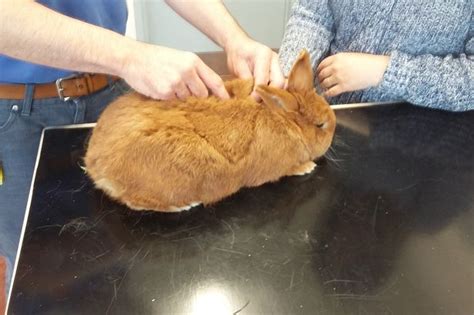
2. Regular Health Checkups and Monitoring
Senior pets benefit greatly from regular health checkups, which play a vital role in the early detection and management of age-related conditions. As pets age, their immune systems decline, increasing their susceptibility to diseases and health issues. Veterinary visits allow for comprehensive examinations, including blood work, dental care, and vital sign monitoring. These checkups can identify underlying problems like organ dysfunction, arthritis, or cancer, enabling prompt intervention and treatment.
Monitoring an older pet’s health involves more than just routine checkups. Owners must also be vigilant about observing behavioral changes at home. Signs of discomfort, reduced mobility, or changes in eating habits can signal underlying health concerns. It is essential to maintain a detailed record of the pet’s health status, including any medications or treatments they receive. This proactive approach allows owners to quickly identify any deviations from normal behavior or health, minimizing the risk of serious complications. Regular health checkups and diligent home monitoring are fundamental components of a comprehensive geriatric care plan, ensuring that senior pets remain healthy and comfortable.
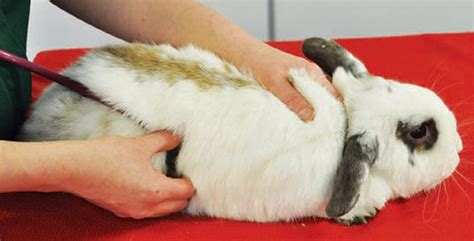
3. Adapting Nutrition for Senior Pets
As pets age, their nutritional needs shift, demanding careful adaptation to preserve their health and well-being. Senior pets often experience slower metabolisms, decreased activity levels, and modifications in their digestive systems. This makes adjusting their diets essential. Proper nutrition for older pets centers on providing balanced, easily digestible food that caters to their unique health requirements.
A diet rich in high-quality proteins helps maintain muscle mass, while moderate fat levels prevent unnecessary weight gain. Senior pets may benefit from increased fiber, which aids in digestive health and prevents constipation. Incorporating supplements, such as omega-3 fatty acids, glucosamine, and chondroitin, can support joint health and reduce inflammation, particularly for pets with arthritis.
To prevent obesity, a common health concern in aging pets that can worsen other conditions, it is crucial to monitor calorie intake and adjust portion sizes. Pet owners should consult with their veterinarian to create a personalized dietary plan for their senior companion, considering any specific health issues or dietary restrictions. Tailoring nutrition for senior pets is a vital part of overall geriatric care, ensuring they receive the nutrients needed for optimal health.
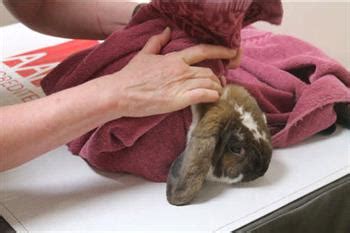
4. Providing Comfort and Mobility Support
As pets grow older, they can experience physical discomfort and reduced mobility due to conditions such as arthritis, muscle atrophy, or joint stiffness. Providing comfort and support for their mobility is crucial for ensuring their quality of life. Creating a comfortable and accessible living environment can significantly ease the challenges senior pets face.
Owners should consider using orthopedic beds that provide adequate support for aching joints and muscles. Ramps or steps can help pets access elevated areas, like sofas or beds, without putting strain on their joints. Non-slip mats and flooring can prevent slips and falls, reducing the risk of injuries. Regular, gentle exercise tailored to the pet’s abilities can also help maintain muscle strength and flexibility, promoting better mobility.
In addition to physical support, ensuring a calm and stress-free environment is crucial. Soft bedding, a quiet space, and consistent routines can enhance a senior pet’s comfort and reduce anxiety. By addressing these aspects, owners can significantly improve the wellbeing of their aging pets, making their golden years more comfortable and enjoyable.
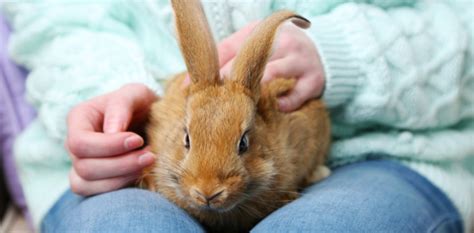
5. Ensuring Mental Stimulation and Emotional Wellbeing
Geriatric pet care demands attention to both mental stimulation and emotional well-being. These factors are crucial in preventing cognitive decline and ensuring a high quality of life. As pets age, their mental sharpness may diminish, potentially leading to confusion, disorientation, or anxiety. To counteract these difficulties, engaging activities are essential to keep their minds stimulated.
Keeping senior pets mentally and emotionally engaged is crucial for their well-being. Interactive toys, puzzle feeders, and gentle training sessions provide mental stimulation, encouraging problem-solving and focus, which can help slow cognitive decline. Regular social interaction, whether with other pets or humans, is vital for emotional health. Engaging in gentle play, grooming sessions, or simply spending quality time together reinforces the bond between pets and their owners, providing a sense of security and comfort.
A predictable routine is key to a senior pet’s emotional well-being. Consistency reduces stress and helps them feel safe and secure in their familiar surroundings. By providing mental stimulation and emotional support, pet owners can significantly improve the quality of life for their aging companions, ensuring their later years are filled with happiness and contentment.
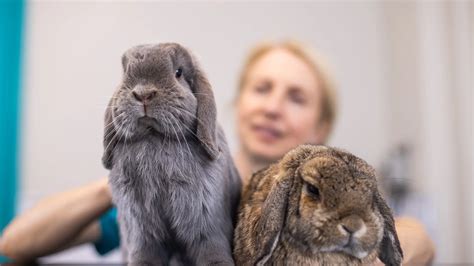
6. Resources and Case Studies on Effective Geriatric Pet Care
Navigating the complexities of geriatric pet care requires access to reliable resources and real-life case studies. Thankfully, numerous online platforms, veterinary clinics, and pet care organizations offer valuable educational materials and support for managing the unique needs of senior pets. These resources provide detailed information specifically tailored to older animals, covering topics such as nutrition, exercise, medical care, and mental stimulation.
Successful geriatric care can be illuminated through case studies, offering practical insights and inspiration. For instance, stories of pets flourishing despite chronic conditions, due to specialized diets, regular veterinary checkups, and attentive care, can be motivating for other pet owners. These accounts often detail the care plans, treatments, and adjustments made to accommodate the pet’s evolving needs.
Furthermore, seeking advice from veterinarians specializing in geriatric care can provide tailored guidance and recommendations. Joining support groups or online communities dedicated to senior pet owners offers valuable shared experiences and advice. Utilizing these resources and real-life case studies can significantly improve the care and well-being of aging pets.
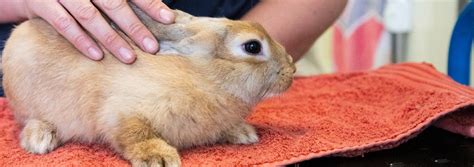
Incorporating specialized care for senior pets is essential for ensuring their comfort and wellbeing. By focusing on regular health checkups, adapting nutrition, providing mobility support, and ensuring mental stimulation, pet owners can greatly enhance the quality of life for their aging companions. Utilizing available resources and case studies further enriches the care approach, offering valuable insights and practical solutions. With attentive and compassionate care, we can help our senior pets enjoy their golden years to the fullest.
dominure.com

